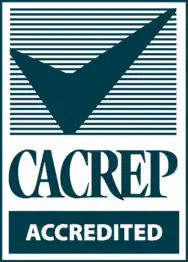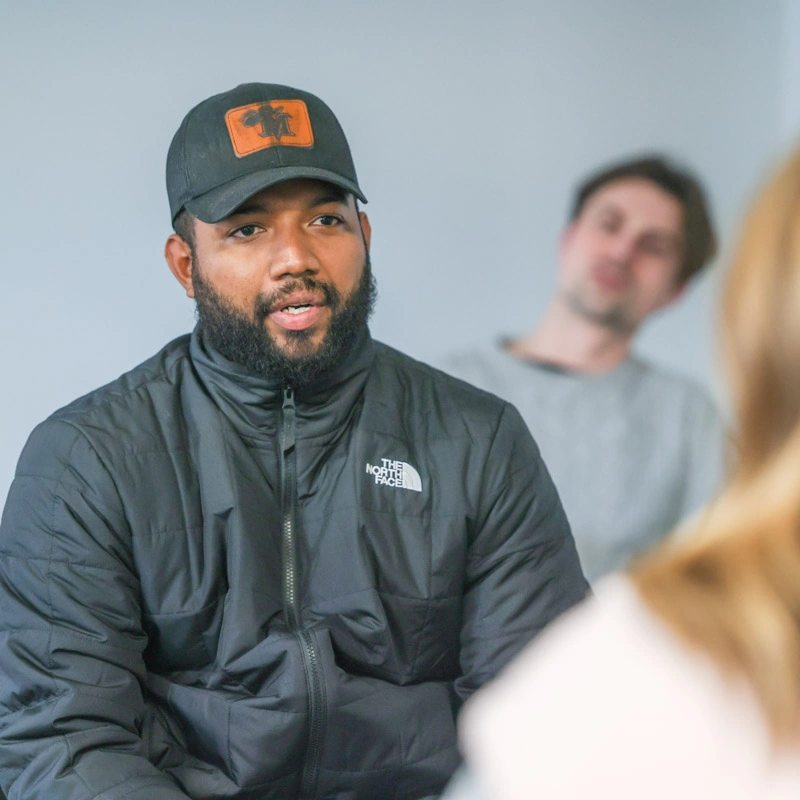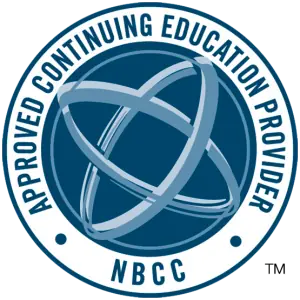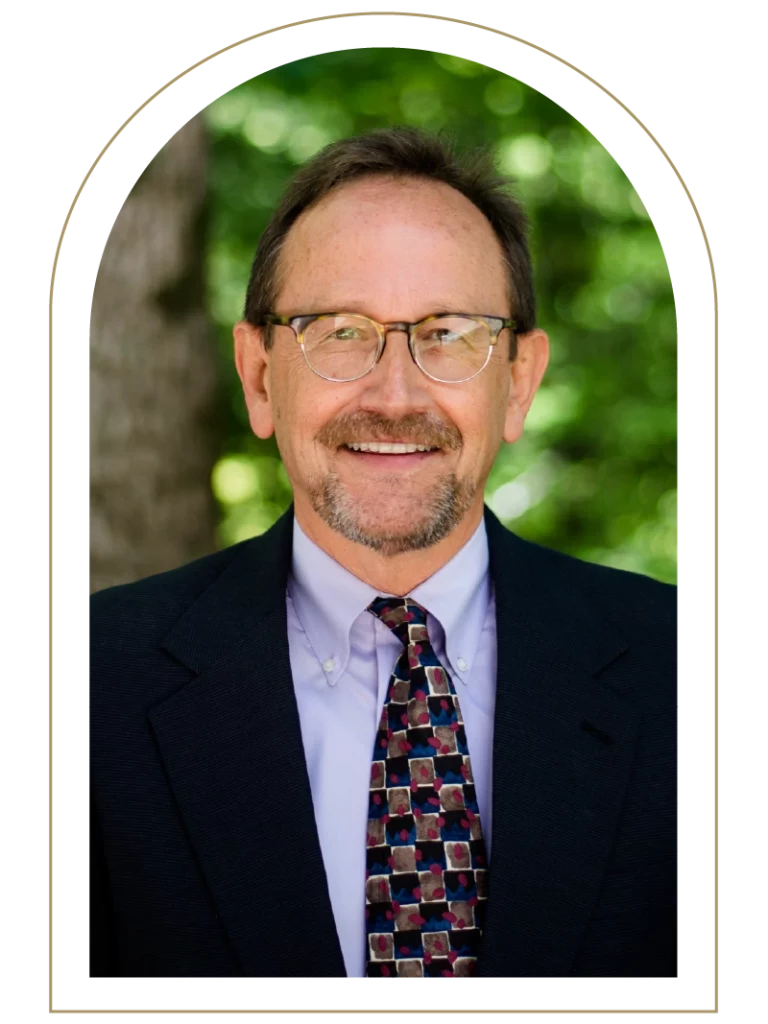
Degree Highlights
- Become a counselor practicioner, learning the history, theory, ethics, and strategies of counseling a wide range of patients and clients.
- Deliver healing and health in developmental, behavioral, psychological, social, emotional, and career-based challenges and crises.
- 60-credit online course in 8 weeks, which equips you for your residencies through self-paced modules, assignments, and assessments.
- Apply your clinical knowledge during two, 5-day long required residencies.
- Meet North Carolina LPC educational requirements upon graduation.
For over 30 years, Montreat College’s School of Adult and Graduate Studies has empowered students to acquire essential skills, complete their degrees, and advance their careers. Montreat offers undergraduate, graduate, and certificate programs both in the classroom and online.
How soon can I start?
Fall and Spring Semesters. Fall starts in August and Spring starts in January.
What are the admissions requirements?
Applicants must submit the following for admissions consideration:
- Have a minimum cumulative GPA of 3.0 from the last 60 credit hours of undergraduate study*
- Submit a current resume that includes both academic and employment history
- Submit official transcripts for all colleges attended
- Complete and pay for a national background check
- After the completion of all admission requirements, a drug test will be required before each student begins their first course.
*If the applicant has a cumulative GPA below 3.0, a “Low GPA” essay is required. The essay should cover challenges that contributed to the low GPA, as well as specifically what the applicant will do to maintain a 3.0 overall GPA in the CMHC program.
No GMAT or GRE required.
Apply for admission today!

Fast
Facts
Start your success story at Montreat.
Why Mental Health Counseling?
Study the fundamentals of human development, behavior, and counseling. Engage in reflective practice, becoming lifelong learners, active global citizens, and advocates for social justice.
Growth Potential
(2016-2026)
Career Opportunities
Cost-conscious
commitment
Why Montreat?
Flexible scheduling
Supportive community
Affordable tuition
Relevant programs
Faculty
Adjunct Faculty
Nina Davis, PhD, LCMHC
Kwame Frimpong, PhD, LCMHC
Linda Littlefield, PhD, LCMHC, LMFT, NCC
Joy Martin, PhD, LCMHC
John-Nelson B. Pope, Ph.D., LCMHCS, NCC
Tyreeka Williams, Ph.D., M.A., Licensed K-12 School Counselor
Frequently Asked Questions
How do the Clinical Courses work?
Students are provided a detailed site lists for all locations and are provide guidance from the start of the program to the start of clinical courses.
Does this prepare me for licensure?
The program will assist you for licensure by preparing you with the following requirements:
- Completion of all 60 credits required for the degree, including a minimum of 42 credit hours of graduate work with a minimum cumulative GPA of 3.0.
- Successful completion of clinical counseling internship hours
- Successfully passing the Counselor Preparation Comprehensive Exam (CPCE) prior to enrolling in COUN 6222.
How long does it take to be licensed?
After successful completion of the CMHC program, one must apply with the NCBLCMHC and complete 3000 supervised clocked hours. More information can be found at www.ncblcmhc.org.
Is this degree CACREP accredited?
The Council for Accreditation of Counseling and Related Educational Programs (CACREP), a specialized accrediting body recognized by the Council for Higher Education Accreditation (CHEA), has granted accreditation to the Clinical Mental Health Counseling (CMHC) program in the School of Adult and Graduate Studies at Montreat College.

Montreat College’s School of Adult and Graduate Studies’ CACREP accreditation has been renewed until 2026.
Montreat College is accredited by the Southern Association of Colleges and Schools Commission on Colleges to award Associate, Baccalaureate, and Masters degrees. Contact the Southern Association of Colleges and Schools Commission on Colleges at 1866 Southern Lane, Decatur, Georgia 30033-4097 or call 404-679-4500 for questions about the accreditation of Montreat College. If you want to speak with someone at Montreat College about our accreditation, please contact Academic Affairs at (828) 669-8012 ext. 3621 or academicaffairs@montreat.edu. The complaint process for SACS COC can be found on their website.
Other Links
CACREP Interim Decision Letter
View Degree Plan and Full Course Listings
Chi Sigma Iota (Montreat College’s chapter is Mu Chi)
CMHC curricula is determined, developed, written, reviewed and evaluated by core and affiliate faculty once per quarter. Core and affiliate faculty are as follows: Dr. John Pope, Dr. Gregg Blanton, Professor Anna Lee Brown, and Dr. Jackie Perry.
Montreat College is an Approved National Board for Certified Counselors (NBCC) Continuing Education Provider: # 4576

Are the two residencies required?
Yes. Each residency is one week long, meeting 8 a.m.-4:30 p.m. Monday through Thursday and 8 a.m.-noon Friday. Travel, lodging, and evening meals are the student’s responsibility. A $250 course fee is applied to COUN 5221 and COUN 5223.
What does my course schedule look like?
This is subject to change cohort to cohort.
COUN5211 – ORIENTATION TO PROFESSIONAL COUNSELING
(15 weeks on Tuesdays at 6 PM – 7:29 PM – Synchronous)
COUN5213 – THEORIES & TECHNIQUES OF COUNSELING
(15 weeks on Tuesdays at 7:30 PM – 9 PM – Synchronous)
COUN5212 – ETHICS & ETHICAL PRACTICES IN COUNSELING
(8 weeks – Asynchronous)
COUN5221 – COUNSELING SKILLS
(15 weeks on Tuesdays at 6 PM – 7:29 PM – Synchronous)
(RESIDENCY REQUIRED FOR THIS COURSE*)
COUN5214 – COUNSELING ACROSS THE LIFESPAN
(15 weeks on Tuesdays at 7:30 PM – 9 PM – Synchronous)
COUN5231 – SPIRITUALITY & RELIGION IN COUNSELING
(8 weeks – Asynchronous)
COUN5261 – SUBSTANCE ABUSE COUNSELING
(8 weeks – Asynchronous)
COUN5215 – MULTICULTURAL COUNSELING
(8-week course – Asynchronous)
COUN5241 – CAREER COUNSELING
(8-week course – Asynchronous)
COUN5217 – RESEARCH METHODS IN COUNSELING
(15 weeks on Tuesdays at 6 PM – 7:29 PM – Synchronous)
COUN5216 – ASSESSMENT IN COUNSELING
(15 weeks on Tuesdays at 7:30 PM – 9 PM – Synchronous)
COUN5251 – CRISIS INTERVENTION/ CRISIS COUNSELING
(8-week course – Asynchronous)
COUN5251 – CRISIS INTERVENTION/ CRISIS COUNSELING
(8-week course – Asynchronous)
COUN5223 – GROUP COUNSELING
(15 weeks on Tuesdays at 6 PM – 7:29 PM – Synchronous)
(RESIDENCY REQUIRED FOR THIS COURSE*)
COUN5222 – MENTAL HEALTH DIAGNOSIS & TREATMENT
(15 weeks on Tuesdays at 7:30 PM – 9 PM – Synchronous)
COUN5271- CHILD & ADOLESCENT COUNSELING OR COUN5281 – MARRIAGE & FAMILY COUNSELING
(8-week course – Asynchronous)
COUN6221- COUNSELING PRACTICUM (15 weeks)
COUN6222 – COUNSELING INTERNSHIP I (15 weeks)
COUN6223 – COUNSELING INTERNSHIP II (15 weeks)
What courses will I study?
BCSD2000 Introduction to Communication Sciences and Disorders
This course investigates application of biology, physics, anatomy, physiology, and cognitive psychology to processes of speech, language, and hearing. Students will investigate the nature of disruptions to normal communication and scientific principles of prevention, diagnosis, and plan remediation. (3 credits)
BCSD2110 Ethics and Standards for SLPAs
This course provides an overview of the theory, practice, and philosophy of speech-language pathology assisting. Topics include legal and ethical issues, scope of practice, multiculturalism, and diversity. Upon completion, students will be able to describe characteristics of the profession and identify components of safe and ethical practice within the work of speech language pathology. (3 credits)
BCSD4050 Acquired Disorders and Disorders of Voice, Fluency, and Swallowing
Anatomy and physiology associated with the vocal mechanism and swallowing function, with emphasis on normal and abnormal processes of voice, fluency and swallowing. Assessment and treatment principles of functional, organic and neurological voice pathologies, and dysphagia will be addressed, as well as basic principles of stuttering diagnosis and therapy. (3 credits)
BCSD2050 Applied Phonetics
A study of the International Phonetic Alphabet and its application to speech and hearing sciences. Includes an introduction to acoustic theory and spectrographic analysis of speech. Skill is developed in transcription of both normal and disordered speech in children and adults. (3 credits)
BCSD3040 Assistive Technology
This course introduces the preparation, use, and maintenance of selected communication equipment in the treatment of respective disorders. Emphasis is placed on the collaborative use of assistive equipment for speech, language, and hearing disorders. Upon completion, students will be able to instruct the patient and caregiver in the use and maintenance of assistive communication equipment. (2 credits)
BCSD3300 Normal Language Development
A comprehensive look at the normal development of speech and language in the child; includes the areas of language prerequisite skills, phonology, morphology, semantics, syntax and pragmatics. (3 credits)
BCSD3200 Child Language Disorders
A study of the factors contributing to the development of disordered speech and language. Includes traditional and more recent classification systems and a survey of characteristic disorders. Introduction to methods of evaluation and therapy. (3 credits)
BCSD2150 Treatment Intervention
This course introduces students to a multitude of intervention techniques used to treat individuals of all ages with communication disorders in a variety of clinical settings. Emphasis is placed on understanding the therapeutic process and the effectiveness of evidence-based practices currently being used in the field of speech and language across the lifespan. Upon completion, students will be able to demonstrate competencies in the therapeutic process. (3 credits)
BCSD3100 Anatomical and Physiological Bases of Speech
This course introduces the basic pathophysiology of the orofacial and thoracic structures of the human body. Emphasis is placed on the most treated speech, language, and hearing disorders. Upon completion, students should be able to identify and describe basic pathophysiology related to the production of speech and hearing. (3 credits)
BCSD3150 Introduction to Audiology
This course explores the science of hearing and disorders related to audiology. A foundational understanding of the evaluation, conservation, and aural rehabilitation of individuals with hearing disorders is established. (3 credits)
BCSD3700 Artic and Phonology
A survey of phonological development, and characteristics of articulation and phonology disorders. Discussion of etiologies, assessment, and management of these disorders is included. (3 credits)
BCSD3010 Speech Science
Theory of speech perception and hearing, using concepts of physics, anatomy, and physiology. Clinical applications and management strategies for specific speech and hearing disorders will also be addressed. (3 credits)
BCSD4100 Fieldwork 1
Students observe and write reports on a total of 25 hours of therapy and/or diagnostic sessions in the areas of speech-language pathology and audiology. (2 credits)
BCSD4150 Fieldwork 2
Practical clinical skills of previously studied theories in the assessment, intervention, and documentation of speech-language pathology will be addressed in the field. Students will conduct direct and simulated patient evaluation and intervention through in person, Simucase, Master Clinician Network, and teletherapy. Direct patient contact hours will be obtained in this course and can be applied toward ASHA certification. (2 credits)
BCSD4400 Becoming a Professional in Speech and Hearing Sciences
This course provides students with an understanding of Communication Science Disorders (CSD) in Speech-Language-Hearing Sciences to career paths within communication disorders, such as Speech Language Pathology Assistants, Speech Language Pathologists, Audiologist, as well as other disciplines. The focus of this course is to prepare students for the workplace or for applying to graduate school and determining which factors are critical for success in professional programs and beyond. Students will also develop plans for alternative career paths, in order to remain adaptable after graduation. (3 credits)




